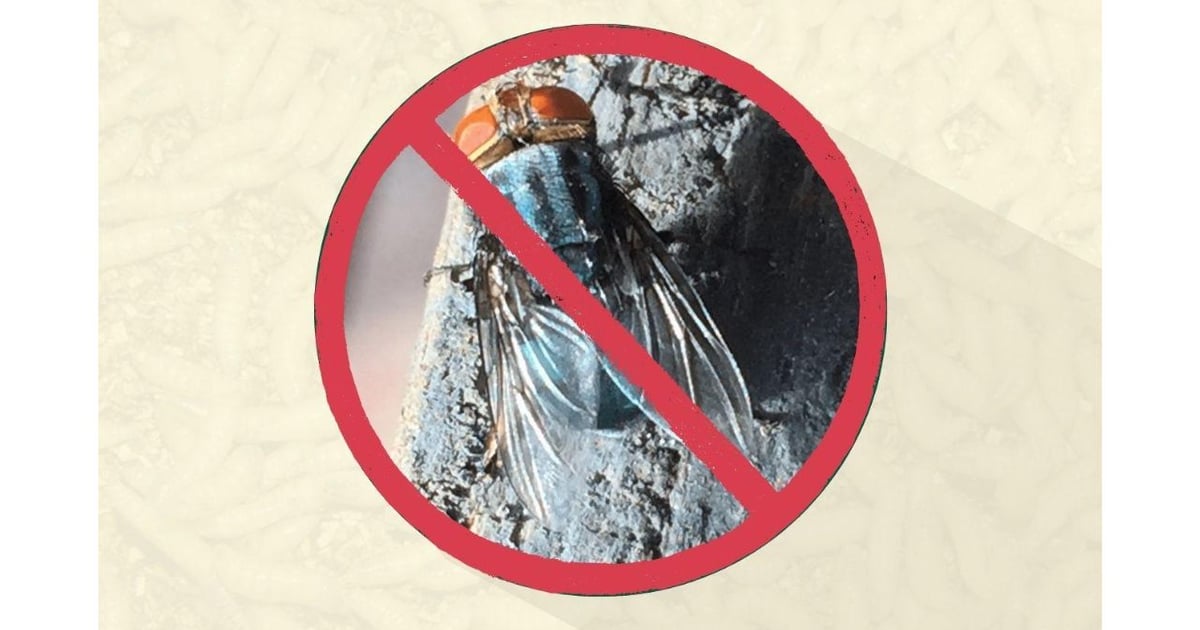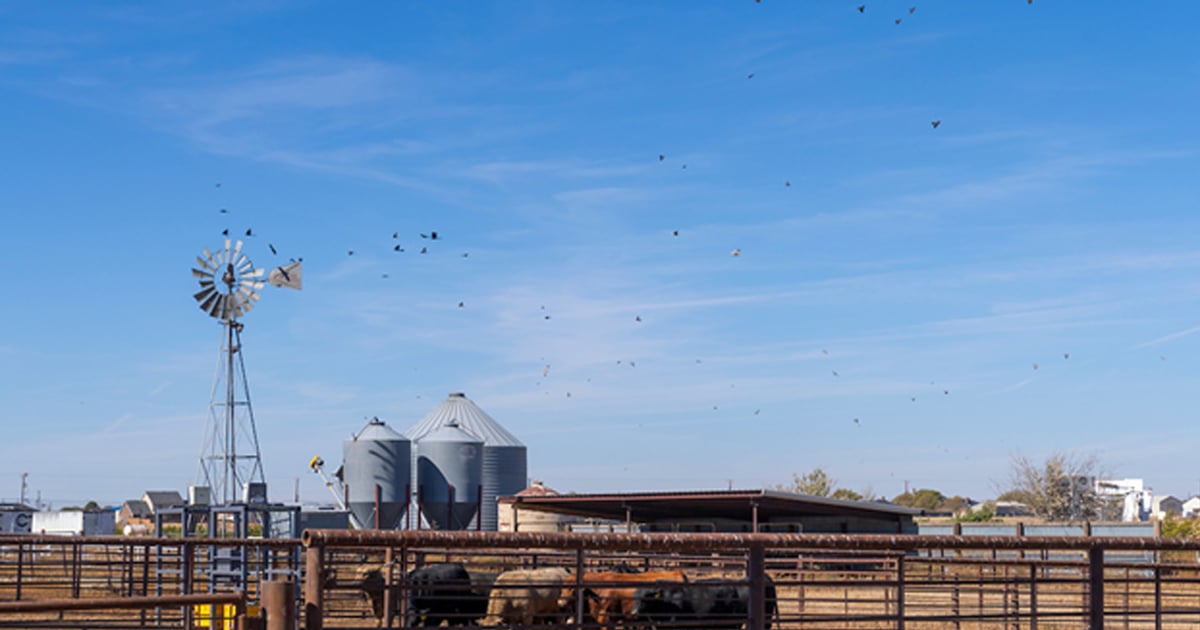North American meat groups commit to increased collaboration
Posted on February 20, 2024
Source: Farm Progress. The original article is posted here.

To deepen meat industry coordination and government collaboration in Canada, Mexico, and the United States, the Canadian Meat Council (CMC), Consejo Mexicano de la Carne (COMECARNE), and the Meat Institute signed a Memorandum of Understanding (MOU) that formalizes the three associations’ ongoing work to improve trade, reduce regulatory barriers and enhance information exchange within North America. The organizations also finalized a Joint Statement of Coordination that emphasizes their collective commitment to addressing foreign animal diseases, sustainability and non-tariff trade barriers.
The MOU and Joint Statement were shared during COMECARNE’s Annual Convention in Playa del Carmen, Mexico. CMC, COMECARNE and the Meat Institute convened a trilateral meeting during the Convention, during which they discussed ways to begin taking action on the areas agreed to in the Joint Statement of Coordination. The information in the documents was also sent to government officials handling agriculture and trade in Canada, Mexico, and the U.S., and all three organizations intend to promote greater public-private collaboration moving forward.
The three organizations said in the document: “Because of the interconnected, complementary nature of the North American meat industry, and the attendant economic interdependence it has forged, each of our organizations commits, with renewed vigor, to deepening our already robust partnership on the foregoing issues, and on other concerns not reflected in this document. More frequent, formal exchanges among our organizations and between industry and government will benefit the communities and workers we serve, will augment regional and global food security, and will mitigate regulatory and legal barriers that undermine our industries’ integration. Our collective advocacy for science- and risk-based trade and our joint efforts to align sustainability messaging and actions will secure the North American meat industry’s position as the global leader in innovative, efficient, trade-facilitative practices and standards. Moreover, our commitment to producing the safest, most affordable, most abundant meat supply globally will underpin every collaborative endeavor we undertake.”
The groups commit to deepening coordination with the governments in three key areas by:
Foreign Animal Disease, specifically African Swine Fever (ASF): committing to sharing information about industry mitigation and traceability efforts, participating in joint ASF preparedness exercises, and working closely with respective governments to promote continuity of live swine and pork and pork products trade, in line with international standards, if an ASF outbreak occurs in North America.
Sustainability (social, economic, and environmental): committing to cooperate to advance voluntary, evidenced-based, trade-facilitating agricultural sustainability programs, including industry-wide frameworks like the Protein PACT and CRSB’s National Beef Sustainability Assessment and Strategy. And seeking to identify areas for greater collaboration and alignment among meat industry sustainability initiatives across North America and agricultural sustainability regulations and policies adopted and championed by the governments of Canada, Mexico, and the United States, both domestically and in global fora.
Technical or other barriers to trade: by promoting streamlined regulatory processes that deliver products to customers and consumers in the fastest, freshest, and safest possible state. This includes exchanging information about and devising coordinated responses to potentially trade-restrictive regulations and laws. Examples include, but are not limited to, onerous packaging and labeling policies, burdensome regulations that would result in live animal and product segregation, and protectionist, unfounded measures that are not grounded in risk- or science-based principles resulting in less efficient meat production and processing practices. Enhanced industry coordination to promote trade and business continuity will be matched with efforts to streamline trade, reduce existing and emerging hindrances, and dissuade governmental retaliation that will only undermine the industry’s integration.
CMC, COMECARNE and the Meat Institute plan to meet this summer to reevaluate priorities and discuss progress on existing joint efforts.




